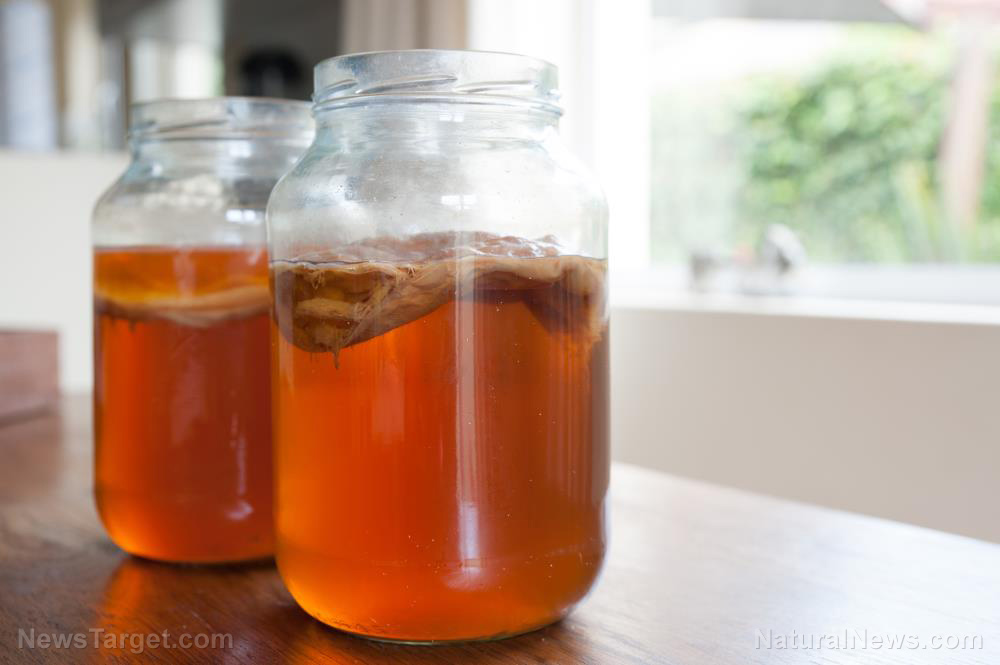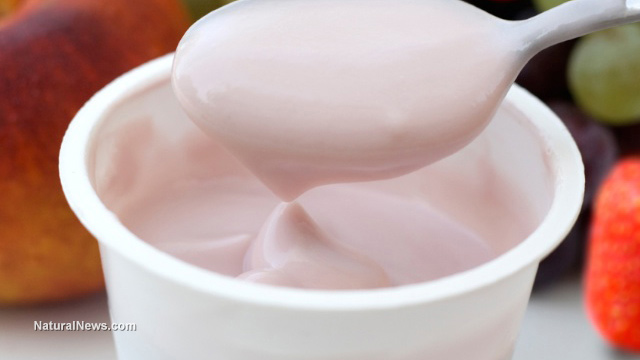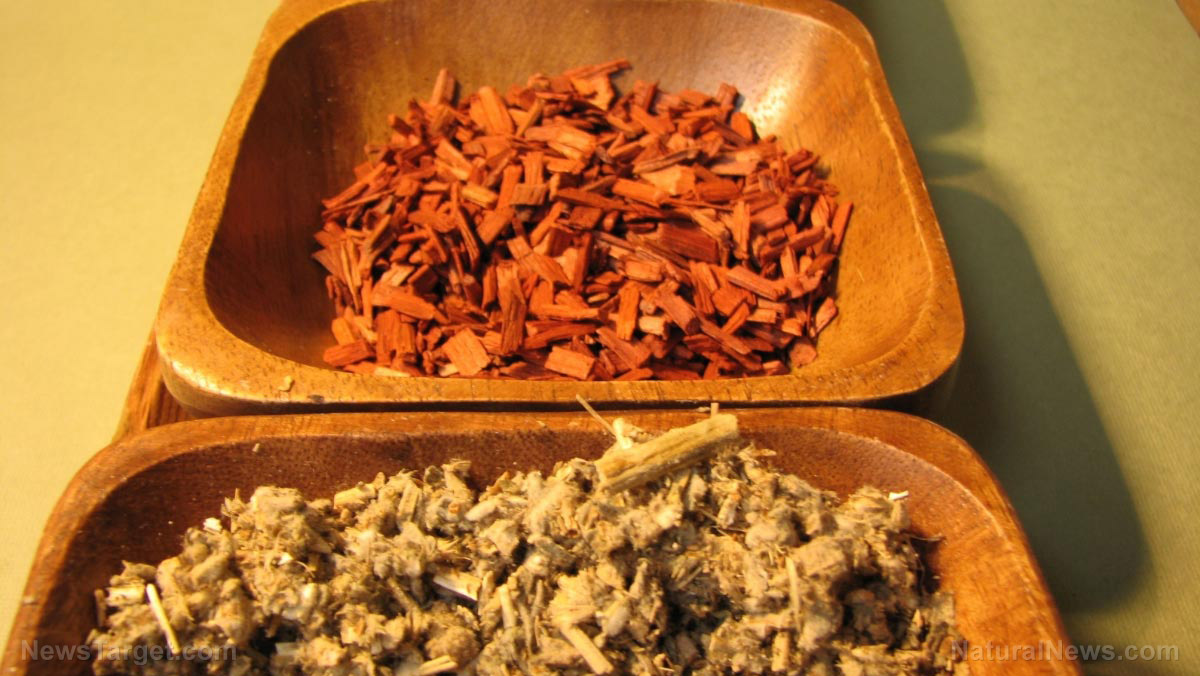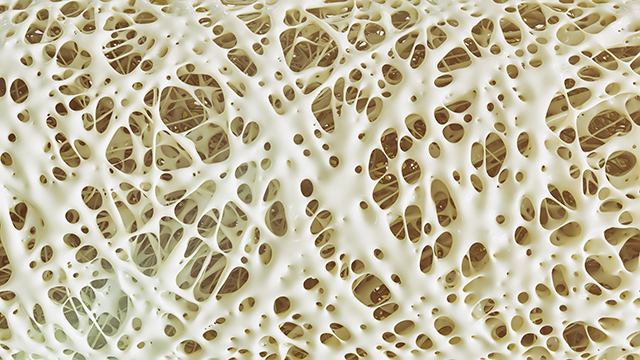Slow aging and boost your metabolism: Eat quinoa
01/09/2018 / By Michelle Simmons
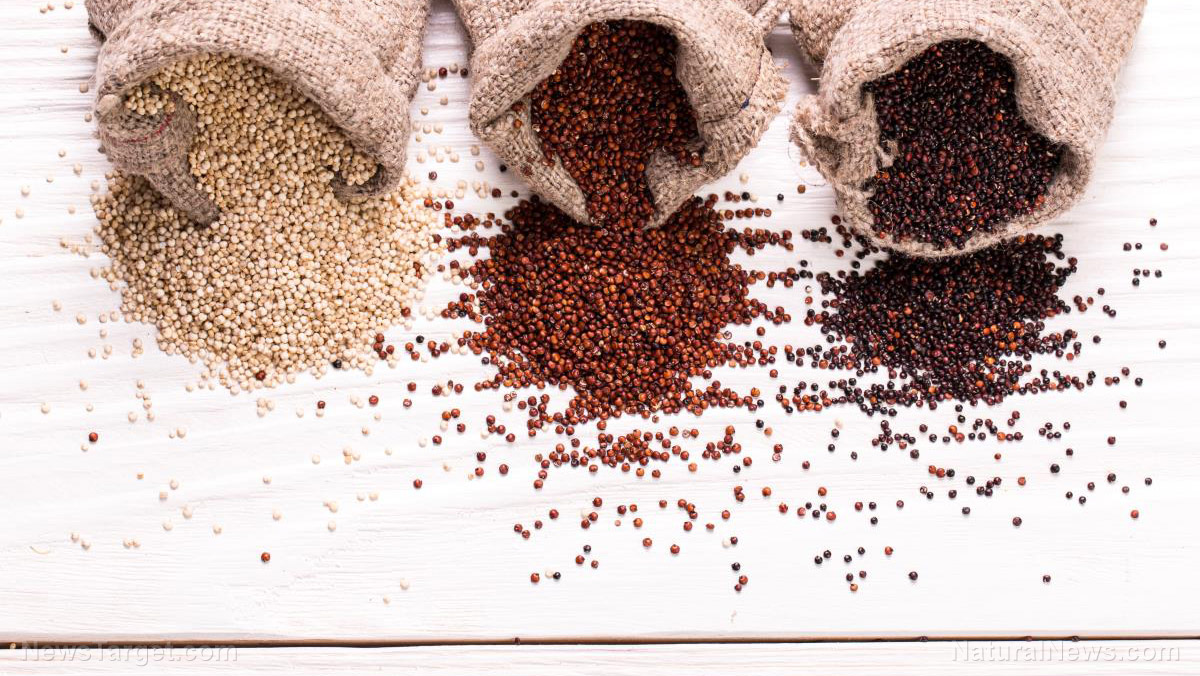
Aging is inevitable, but it can be slowed down. If you want to live longer and boost your metabolism, adding quinoa to your diet may be the solution. A new study involving nematode worms called Caenorhabditis elegans found that eating quinoa helps in slowing down aging and improving metabolism.
A team of researchers from Rutgers University and the North Carolina State University Plants for Human Health Institute (PHHI) at the NC Research Campus examined particular phytochemicals in quinoa called phytoecdysteroids, and 20-Hydroxyecdysone, which is the main phytoecdysteroid in the quinoa seed preparation that was utilized in the study.
The researchers determined the “healthspan” of the C. elegans worms by observing lifespan, movement, advanced glycation end products pigments, and reactive oxygen species in response to feeding quinoa. C. elegans are transparent — which makes cellular activity easier to be observed — and have a short lifespan. In addition, they are a simple organism with specific types of metabolic genes that are similar to mammals, making them a perfect staple species in studies that relate to aging.
The researchers fed the nematode worms with leachate, the phytoecdysteroid-enriched quinoa seed preparation. This increased the average lifespan of the organisms from nine to 11 days as well as gave them enhanced locomotion.
“Leachate is the liquid that passes through the substance and absorbs soluble components from it,” explained Slavko Komarnytsky, co-author of the study.
They saw significant reductions in levels of advanced glycation end products pigments and lower levels of body fat and reactive oxygen species. Advanced glycation end products build up during aging and are said to play a part in the rise of oxidant stress and inflammation.
The findings of the study, published in the Journal of Functional Foods, showed that eating quinoa slowed down the aging of C. elegans and improved the organism’s metabolism. These were done through enhancing factors such as lifespan and locomotion as well as reducing negative factors like advanced glycation end products pigment, reactive oxygen species, and lipid accumulation as a direct result of quinoa consumption.
The researchers explained that these results may be applicable to higher organisms because the genes of C. elegans have the same sequence structure with many mammalian genes associated with key metabolic pathways.
“Our findings corroborate reports from mammalian studies that 20HE treatment reduces lipid accumulation in animals. Collectively, these results suggest that supplementation with 20HE-containing quinoa preparations may promote metabolic health in C. elegans through a conserved mechanism that may be extrapolated to humans,” the researcher wrote.
The researchers said that their data indicate that adding quinoa to a person’s diet may improve different aspects of health and wellness among aging populations.
Quinoa and the nutrients it contains
Quinoa is a seed from the same family as beets, chard, and spinach, and is a great substitute to bulgur wheat, couscous, and rice. It has two types – red and creamy white. Quinoa has a slightly bitter taste when cooked and it opens up to release little white curls as they soften. It was originally grown in South American countries, such as Peru, Chile, and Bolivia, for thousands of years, and became the staple diet of the Incans and their descendants.
Quinoa is rich in nutrients. In fact, the United Nations named 2013 as the “International Quinoa Year” in recognition of quinoa’s high nutrient content. It has two times more protein than rice or barley; is a great source of calcium, magnesium, and manganese; and contains some B vitamins, vitamin E, and dietary fiber. Moreover, it contains all nine essential amino acids and small amounts of omega-3 fatty acids. Thus, it can also help prevent and treat diseases. For quick and easy quinoa recipes, click here.
Read more stories on aging and how to live longer at Longevity.news.
Sources include:
Tagged Under: aging, anti-aging, food science, groceries, longevity, metabolism, Quinoa, quinoa seeds



